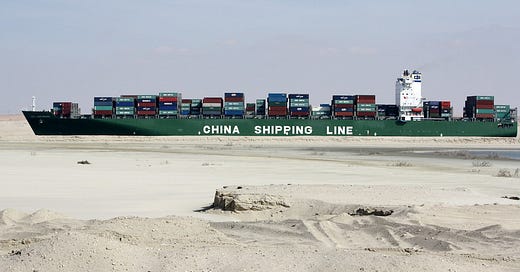I just recently finished Peter Zeihan’s latest book which could be thought of as a 512 page eulogy to the Bretton-Woods world. This is the world we are living in now and it’s just about to come apart in ways that most people consider unimaginable.
Keep reading with a 7-day free trial
Subscribe to Stoic Observations to keep reading this post and get 7 days of free access to the full post archives.





